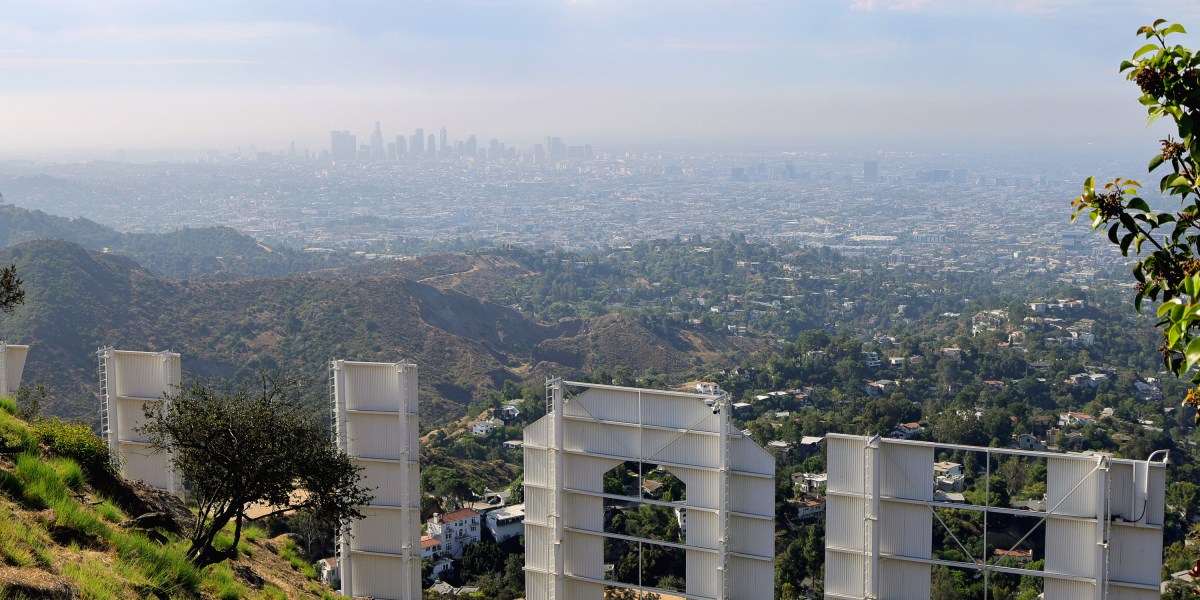
"Hollywood's chief antagonist is OpenAI, the AI company with over 800 million users and rapidly approaching a $1 trillion valuation. From attempting to invoke the film Her with an unlicensed replica of Scarlett Johansson's voice for its voice assistant, to the no-holds-barred release of its text-to-video service Sora, OpenAI's "ask forgiveness, not permission" approach has Hollywood on its heels. Let's examine AI video's arrival into the mainstream, the creative and monetization possibilities it offers, and Hollywood's potential next moves."
"Generative video has made tremendous strides in 2025, blurring the lines of reality. There are a host of companies developing AI-powered video tools beyond OpenAI. Google's Veo tool is also lauded for its hyper-realism, although the tech giant has taken a more responsible approach, limiting the technology to paid subscribers and blocking most attempts to bypass likeness and IP, although users have still found workarounds."
Generative AI video technology reached mainstream prominence in 2025, producing hyper-realistic audiovisual content that blurs reality and raises copyright and likeness concerns. Multiple major tech firms and startups, including OpenAI, Google, Meta, ByteDance, Pika, Runway, Luma, and Pollo AI, are rapidly developing text-to-video and avatar tools. OpenAI's rapid, permissive launches, including unlicensed voice replication and Sora, escalated tensions by prioritizing deployment over licensing. Google restricted access and implemented protections, but users still find workarounds. Hollywood faces creative, monetization, and legal challenges as studios and creators consider responses to unlicensed use of copyrighted material and actor likenesses.
Read at Fortune
Unable to calculate read time
Collection
[
|
...
]